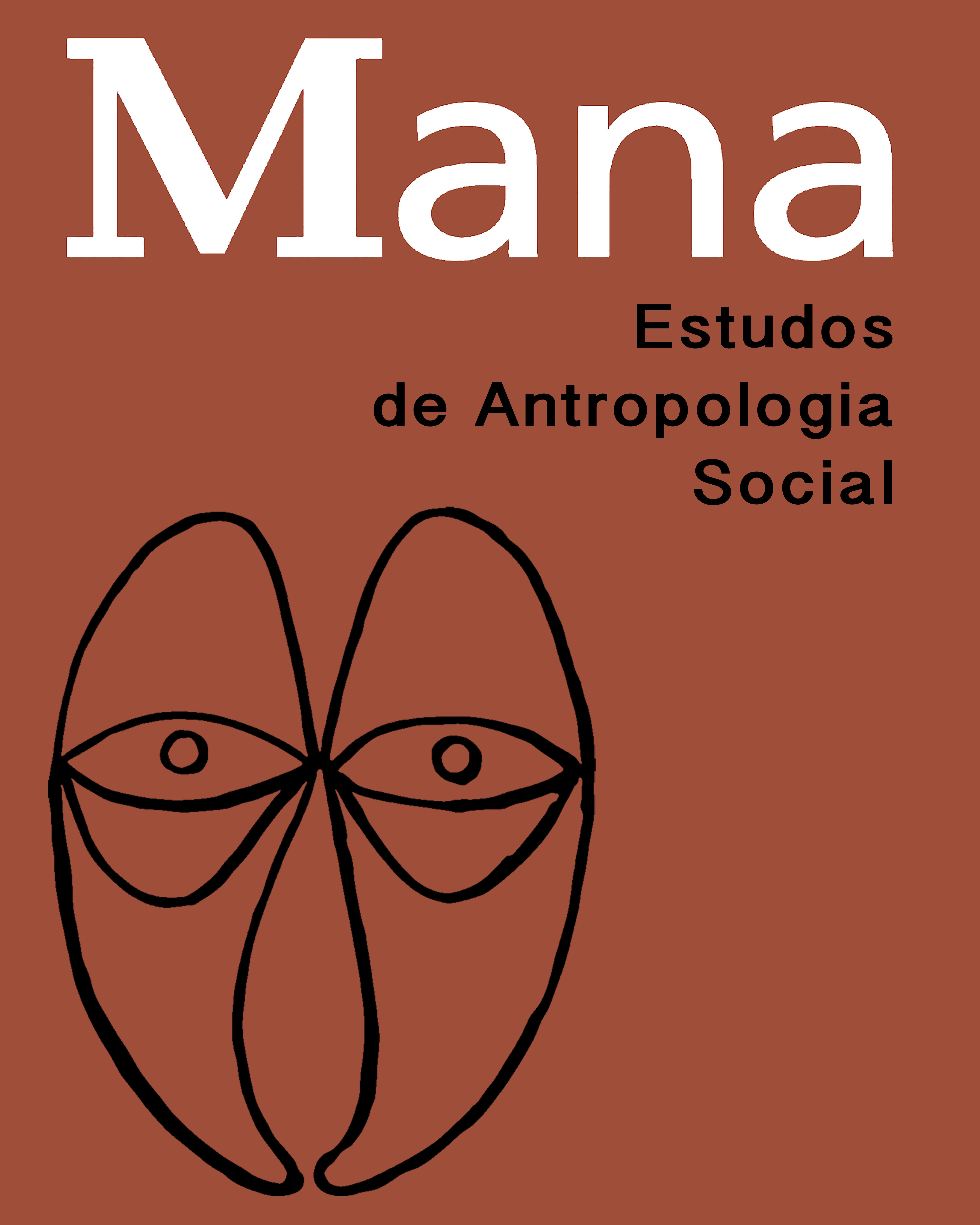Abstract
Since the first half of the twentieth century, a left-wing collective in Paris has organized weekly meetings to debate politics from different progressive perspectives. Interestingly, these debates are held in Esperanto, a language created specifically to fight nationalist rivalries and stimulate international communication. Based on an ethnography of this debate group, this article invites us to rethink how anthropology has used the term prefiguration as a classificatory category to distinguish the political practices of the new left from those of the old left. Examining how Esperanto has historically been labeled as a universalist project, I show how the perspective of prefiguration enables us to highlight the ordinary use of this language in the creation of horizontal spaces for the co-production of political knowledge among activists. From this, I argue that the use of prefiguration as a shortcut to distinguish and typify social movements not only is ethnographically counterproductive, but also entails neglecting the convergences that the new and the old left often seek to build in order to enrich their dialogues and collective struggles.
Keywords:
Prefiguration; Political activism; Social movements; New left; Esperanto
